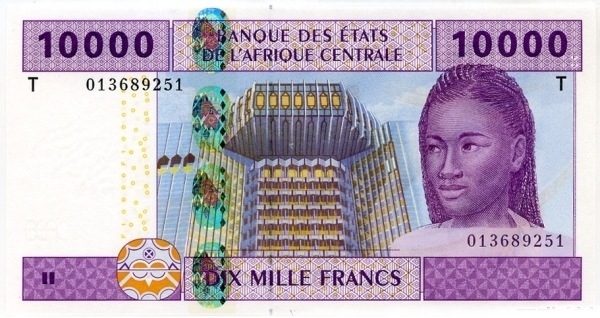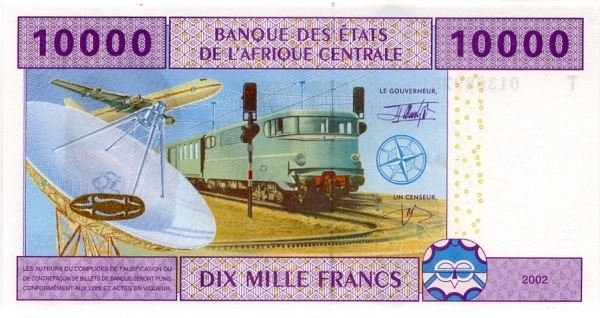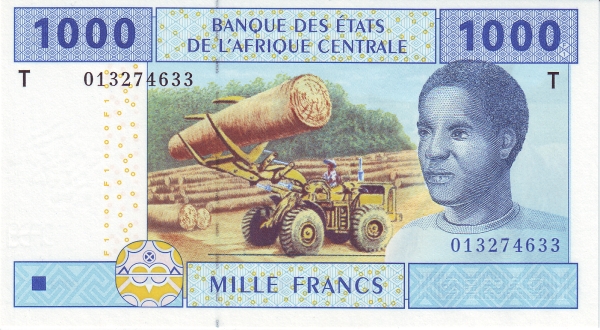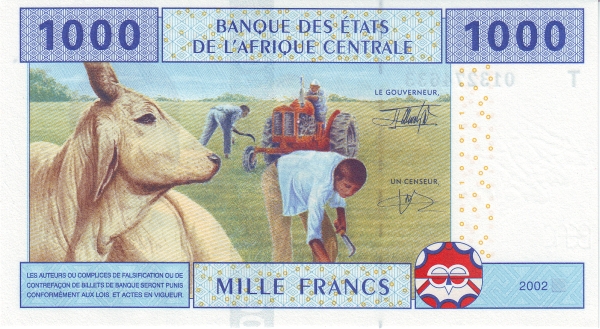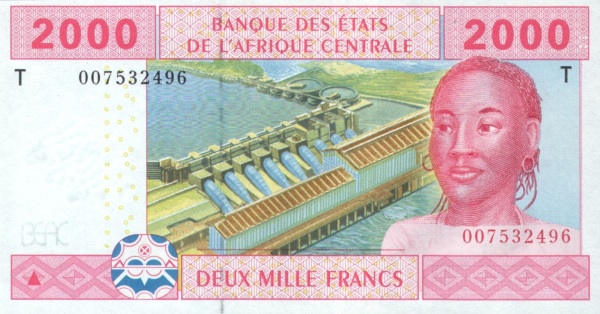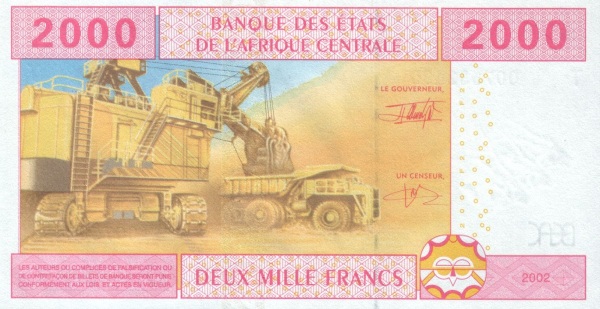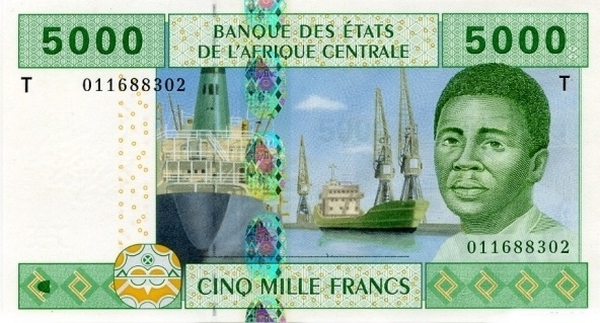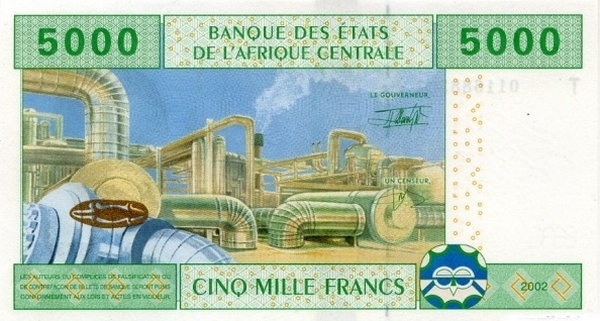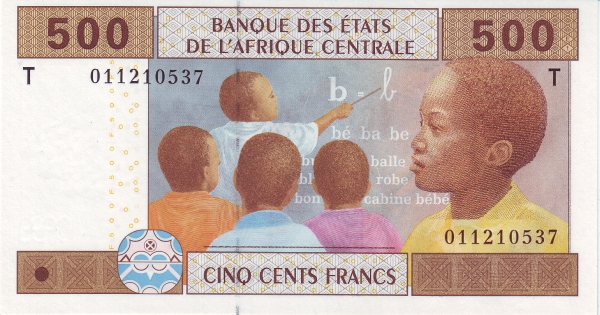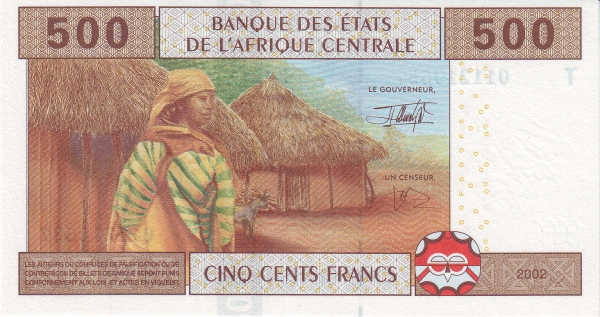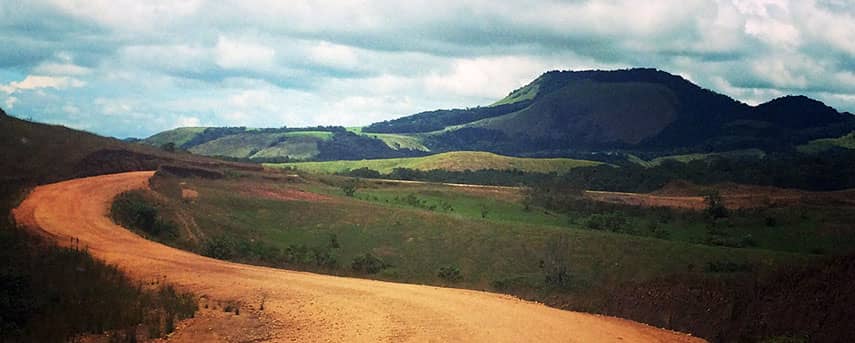Exploring Gabon: A Hidden Gem in Central Africa
Gabon, nestled at the Equator in West-Central Africa, borders the Atlantic Ocean to the west. It shares its borders with Equatorial Guinea to the northwest, Cameroon to the northeast, and the Republic of the Congo on the east and south. With a notable area of 267,668 km², Gabon boasts a size slightly smaller than the U.S. state of Colorado yet larger than the entire United Kingdom. Interestingly, this majestic land is home to an estimated population of 1.5 million people.
Geographical Diversity of Gabon
The capital city of Gabon, Libreville, serves as a vibrant hub filled with cultural experiences. Notably, the official language here is French, alongside a rich tapestry of Bantu languages spoken across the nation. Geographically, Gabon showcases an incredible range of environments. The coastal plain stretches alongside hilly terrains, creating an impressive backdrop for extensive forests. In fact, around 80% of Gabon's land is covered by dense rainforests, revealing its natural beauty.
A Wealth of Resources
Gabon stands out as one of Africa’s wealthier nations, thanks to its vast oil and mineral reserves. The relatively small population enables the government to strategically invest in conservation efforts. Consequently, Gabon has been able to protect its unparalleled rainforests, which are renowned for rich biodiversity. Over 10% of the country's area is dedicated to protected parkland, highlighting its commitment to ecological preservation.
National Parks and Wildlife
With a remarkable 13 national parks, Gabon cherishes its natural legacy. Among these is Loango National Park, often referred to as 'Africa's Last Eden', which shelters an astonishing diversity of wildlife ranging from gorillas and hippos to breathtaking whales. Meanwhile, Lopé National Park predominantly features rainforest, while the northern expanse showcases the last remnants of grass savannas—a habitat that provides critical ecosystems.
In addition, Akanda National Park is famous for its stunning mangroves and tidal beaches, which serve as a sanctuary for various species. Visitors can explore these spectacular parks, offering a chance to engage with nature up close. Furthermore, Gabon’s highest mountain, Mont Iboundji, rises majestically at 1,575 meters, adding to the country’s geographical allure.
Historical Overview of Gabon
Since gaining independence from France on August 17, 1960, Gabon has witnessed the rule of only two autocratic presidents. The late El Hadj Omar BONGO Ondimba, famous for being one of the longest-serving heads of state in the world, dominated Gabon's political landscape for over four decades from 1967 until 2009. After his death, Ali BONGO Ondimba, the son of the former president, ascended to power, continuing the political legacy of his father.
Political Landscape
The government's structure remains a republic with a multiparty presidential regime. This political system allows for various voices within the Gabonese populace while maintaining stability in governance. The country’s relationship with France continues to be influential in its politics and economics, reflecting the historical ties that shape modern-day Gabon.
Diverse Population
Gabon’s population exhibits rich diversity, comprising over 40 distinct ethnic groups. The two largest groups, Fang (34%) and Bapounou (22%), contribute significantly to the cultural fabric of the nation. Other notable groups include the M'Bete (14%), Bandjabi (11%), Bakota (6%), and Myene (5%). This cultural mosaic enriches Gabon’s social dynamics, enhancing the experiences of both residents and visitors alike.
Religious Practices
In terms of religion, Gabon showcases a blend of beliefs, encompassing Christianity, Islam, and various animist traditions. This spiritual variety manifests in colorful festivals and unique customs that highlight the nation’s cultural heritage. Gabonese society thrives on this diversity, as cultural practices often intertwine to reflect communal values and shared histories.
Natural Resources and Economy
Gabon is blessed with abundant natural resources, including petroleum, natural gas, diamonds, and minerals such as niobium and manganese. The economy heavily relies on the extraction and refining of petroleum, making it a significant sector. Other essential industries include gold mining and chemicals, contributing substantially to Gabon's GDP. Not to forget, timber also plays a vital role in driving economic growth.
Agriculture also thrives in Gabon, with key products such as cocoa, coffee, sugar, palm oil, and rubber. Farmers engage in cattle ranching and fishery practices as well, nurturing the agricultural sector. The trees of the dense forests also support the harvesting of okoume, a valuable tropical softwood that enhances Gabon’s export capabilities.
Trade and Economic Partners
When it comes to trade, Gabon’s exports include crude oil, timber, manganese, and uranium. The nation primarily exports its goods to China, recording approximately 15.5% of its exports to this partner. Other significant countries in terms of trade include Italy, Trinidad and Tobago, Australia, Spain, South Korea, the Netherlands, and the United States. Import activities involve machinery, foodstuffs, chemicals, and construction materials, with China and France being the leading import partners.
Climate and Biodiversity
Gabon’s climate can best be described as hot and humid. The country experiences two rainy seasons— the main one between February and May—alongside two dry seasons, with the main dry season occurring from May to September. The diverse climate enhances the ecological richness found in Gabon’s vast rainforests and savannas, supporting countless species of plants and animals.
In conclusion, Gabon thrives as a nation of stunning landscapes, rich biodiversity, and a vibrant cultural tapestry. Its commitment to environmental conservation, coupled with economic wealth, positions Gabon as a remarkable destination in West-Central Africa. As more people discover this unique country, Gabon's allure continues to grow, inviting exploration and appreciation of its many treasures.
Largest cities of: Gabon
| City Name | Population | Year of foundation | |
| Libreville | 703,000 | 1849 | |
| Port-Gentil | 184,000 | 1883 | |
| Franceville | 60,000 | 1880 | |
| Moanda | 35,000 | 1950 |
Gabon: Money
